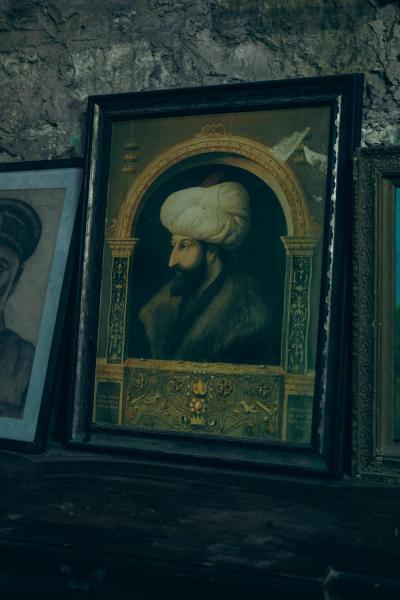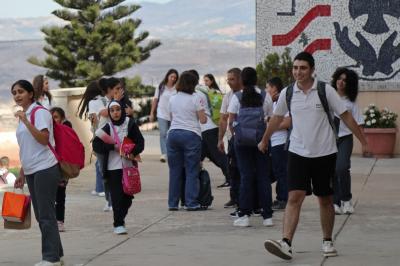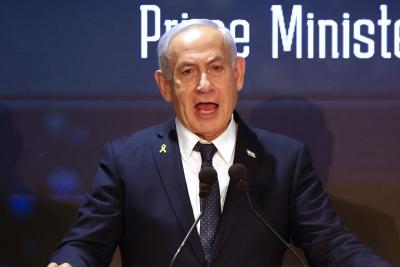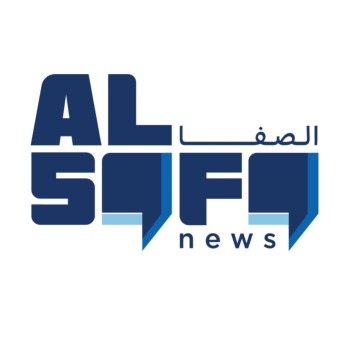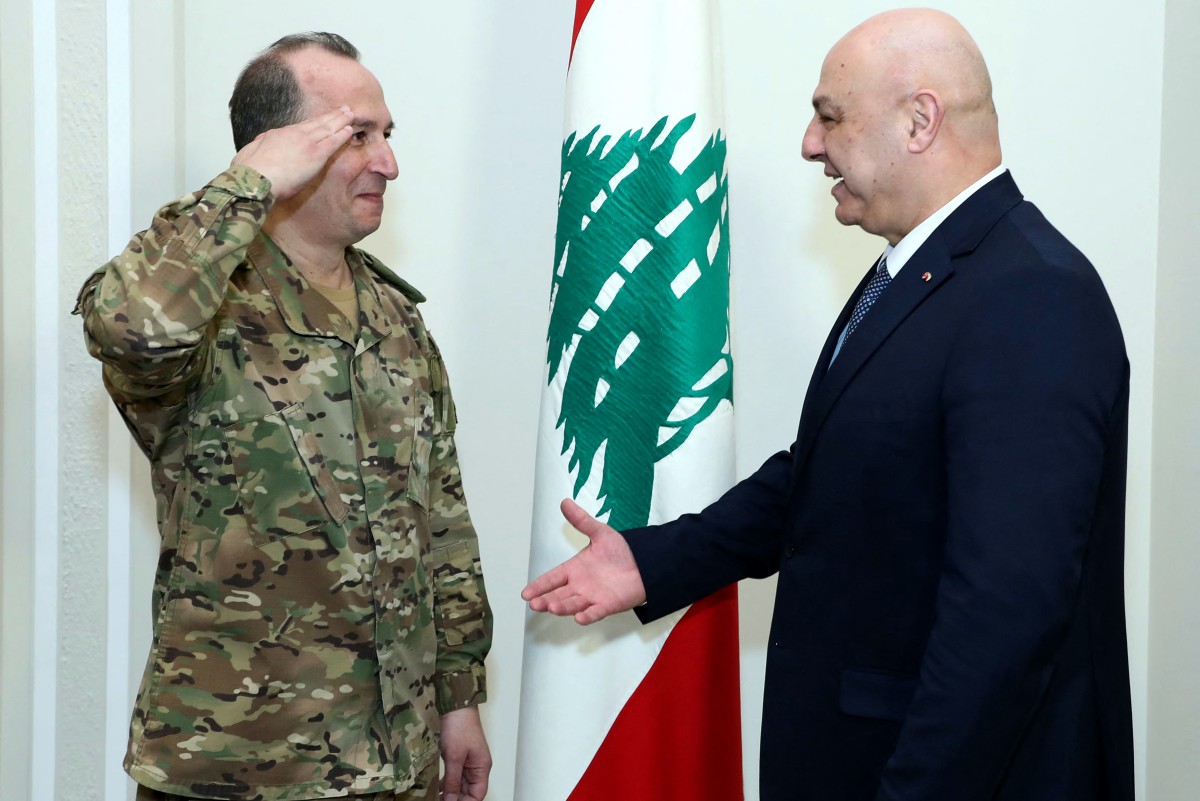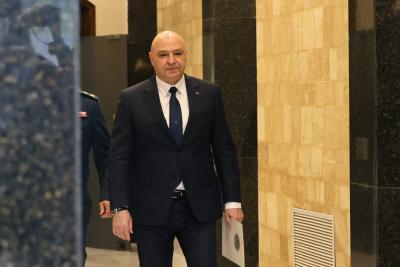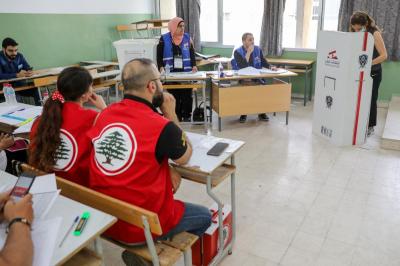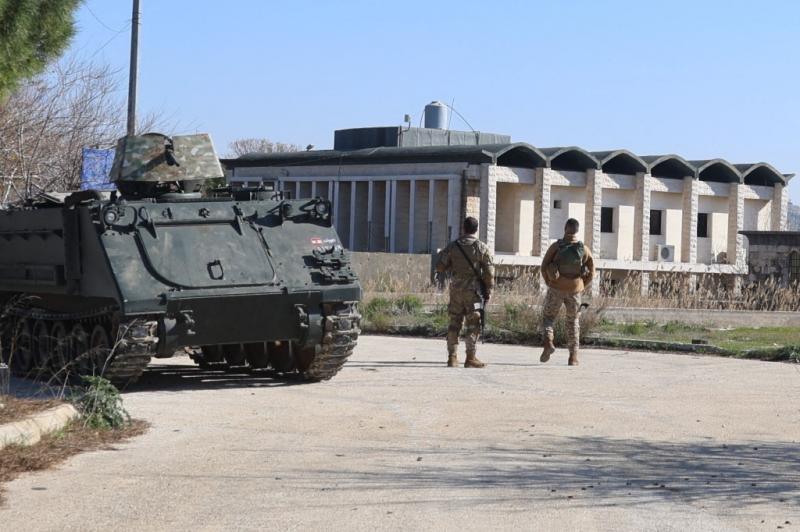By now, it is evident that Lebanon stands on the brink of a pivotal chapter—one defined by the urgent imperatives of domestic and border security, alongside principled governance anchored in transparency and structural reform.
The government’s initial strides in security appointments, though belated, mark a tentative start. These were moves many hoped would have been expedited immediately after the cabinet secured parliamentary confidence. Still, they signal a fragile commitment to stabilizing a nation long held hostage by institutional inertia.
On governance and reform, skepticism lingers. Past failures loom large, casting shadows over today’s promises. These cannot remain pipe dreams; Lebanon’s survival hinges on translating rhetoric into action.
The crux of the moment lies here: a hollowed-out state, starved of resources and outgunned by militias masquerading as “defenders,” must reclaim its monopoly on security. Shortages of personnel and equipment cripple progress, yet the greater poison remains the unchecked arsenals of parallel forces—armed groups clinging to legitimacy through hollow slogans of “resistance.”
President Joseph Aoun did not pull punches in affirming the military’s resolve to uphold its duties. His words find reinforcement in General Rodolphe Haykal’s inaugural “Order of the Day,” which underscores the army’s “critical responsibility” in both enforcing UN Resolution 1701 with UNIFIL and shielding Lebanon’s internal front from terrorism’s encroachment.
Yet the President’s stark admission lays bare the crisis: the army alone requires an immediate injection of $1 billion for arms, recruitment, and training to meet its dual mandate—securing borders while confronting internal threats. Without this lifeline, the military’s already strained capabilities risk collapse under the weight of expectation.
The southern border simmers as Israel, emboldened by American assurances, continues its attacks under the guise of a ceasefire. That agreement—inked by Parliament Speaker Nabih Berri on behalf of Hezbollah is unambiguous: weapons belong solely to state forces, period. Clarity, however, means little without enforcement.
To the east and north, the Lebanon-Syria frontier teeters. Unsecured crossings invite arms smuggling and terrorist infiltration, while sporadic clashes threaten to spiral into broader conflict. A UN-mandated expansion of UNIFIL’s deployment could stem this bleeding, insulating Lebanon from external chaos and curbing the illegal influx of Syrian displaced persons—a crisis metastasizing under the world’s apathy.
Yet borders transcend land. Maritime and aerial frontiers demand equal vigilance. While airport security tightens, Lebanon’s waters—soon to host vital oil and gas infrastructure—remain vulnerable to smuggling and sabotage. Neglect here risks surrendering the nation’s economic future to predators.
General Haykal’s invocation of unity—“the Lebanese rallying around their army”—resonates as both plea and indictment. If such unity existed, militias would not flout ceasefire pledges by hoarding weapons. If patriotism prevailed over factionalism, the army would not beg for scraps to defend a fractured nation.
Time is not neutral. With each passing day, Lebanon’s fragility deepens. The commander’s call for solidarity must evolve from aspiration to mandate. National cohesion and a robust security architecture form the bedrock of reform and recovery—without them, the state remains a phantom, and hope, a mirage.
The path is clear, if politically treacherous. For Lebanon to rise, its people must choose: a sovereign army or the slow death by discord.
 French
French

